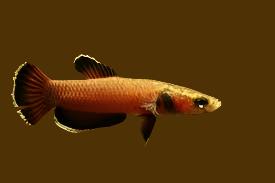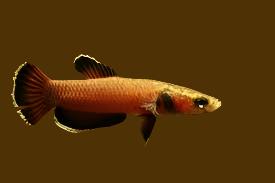1
/
of
1
Aquatic Avenue Online Store
Betta Channoides
Betta Channoides
Regular price
$40.00 SGD
Regular price
Sale price
$40.00 SGD
Unit price
/
per
Couldn't load pickup availability
Betta channoides, also known as the "Snakehead Betta," is a small freshwater fish from the family Osphronemidae. It is one of the species commonly referred to as a "bubble-nesting betta" due to its unique breeding behavior.
Key Characteristics:
-
Appearance:
- Betta channoides has a slender body with vibrant coloration. Males exhibit bright red to orange hues, often with black markings on their fins and body. Females tend to be less colorful.
- The fish's size is relatively small, reaching about 5-6 cm (2-2.5 inches) in length.
-
Habitat:
- It is native to Borneo, specifically in the blackwater streams of the Kapuas River basin in Indonesia.
- These streams are characterized by soft, acidic water with a dark tint from tannins.
-
Behavior:
- They are generally peaceful fish, making them a good choice for community tanks with other non-aggressive species.
- Betta channoides are known for being mouthbrooders, where males carry the fertilized eggs in their mouth until they hatch.
-
Breeding:
- The male incubates the eggs in his mouth for about 10-14 days, after which fry are released.
- Breeding pairs should be kept in a well-planted aquarium to mimic their natural habitat.
-
Care:
- Tank Requirements: A minimum tank size of 10 gallons, with subdued lighting, live plants, and hiding places like driftwood or caves.
- Water Parameters: pH 4.0–6.5, temperature 22–26°C (72–79°F), and very low hardness.
- Diet: Carnivorous, feeding on live and frozen foods like brine shrimp, bloodworms, and daphnia.
-
Conservation:
- It is considered a rare species in the wild and is affected by habitat destruction and collection for the aquarium trade.
- Captive breeding programs have helped reduce pressure on wild populations.
Share


